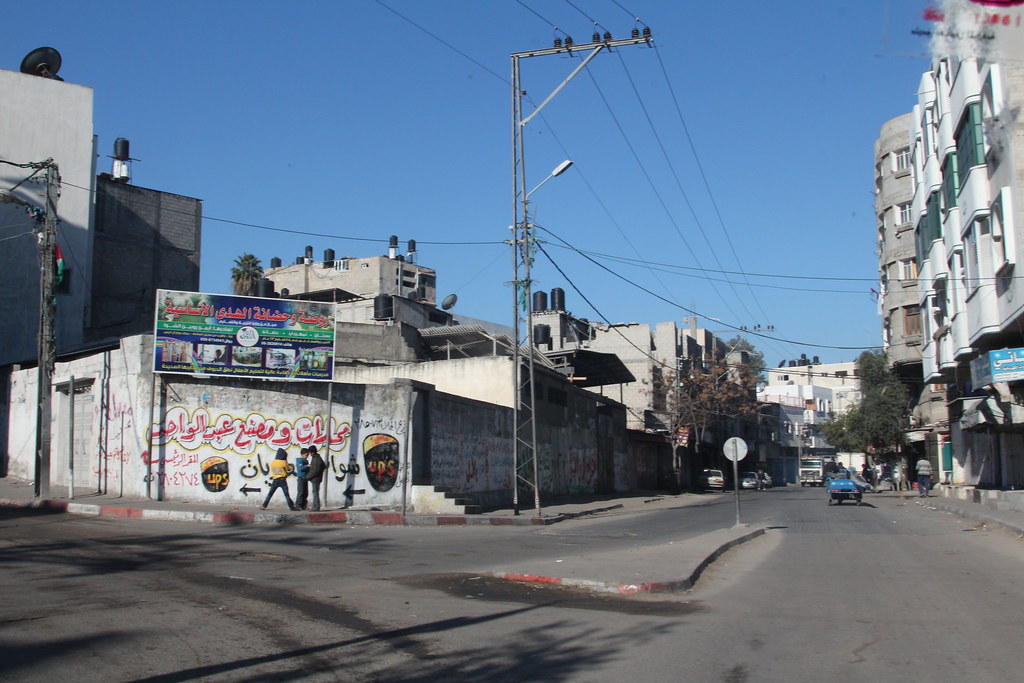The Palestine Trauma Centre is a small NGO operating in Nuzierat, an area in the Middle Area of the Gaza Strip. Its founding director Dr Mohamed Altawil, along with the governing board, are based in the UK, which is where the center does most of its fundraising operations and is registered as a charity. Altawil had come to the UK to carry out PhD work at the University of Hertfordshire in 2004. Based on Altawil’s findings (2008), a group of professionals was brought together in Gaza in 2007 and in 2010 was formalized as the Palestine Trauma Centre. The centre was supported by what became its governing board. The organization has faced multiple challenges and is built on a model meant to weather the challenges that life in Gaza entails (recognizing need, developing to scale, first come first served, free to access, reducing stigma).
When Case Study funds stalled during UK Government cuts, a 5,000 GBP UKRI-IAA COVID Urgency grant was sourced through the University of Birmingham to collect data on the rapid change in operations at PTC in response to the first wave of COVID-19 cases were reported in the Gaza Strip. Analysis of this data is currently undergoing peer review. When Case Study funding was restored, investigators teamed up with the Community Practitioner Research Programme to train PTC staff in qualitative data collection and analysis. Staff developed interview questions, carried out interviews, and initial analysis on two groups. First, they interviewed practitioners at the centre who delivered grassroots programming and helped to develop programs in response to the many different harms that the community endures.






